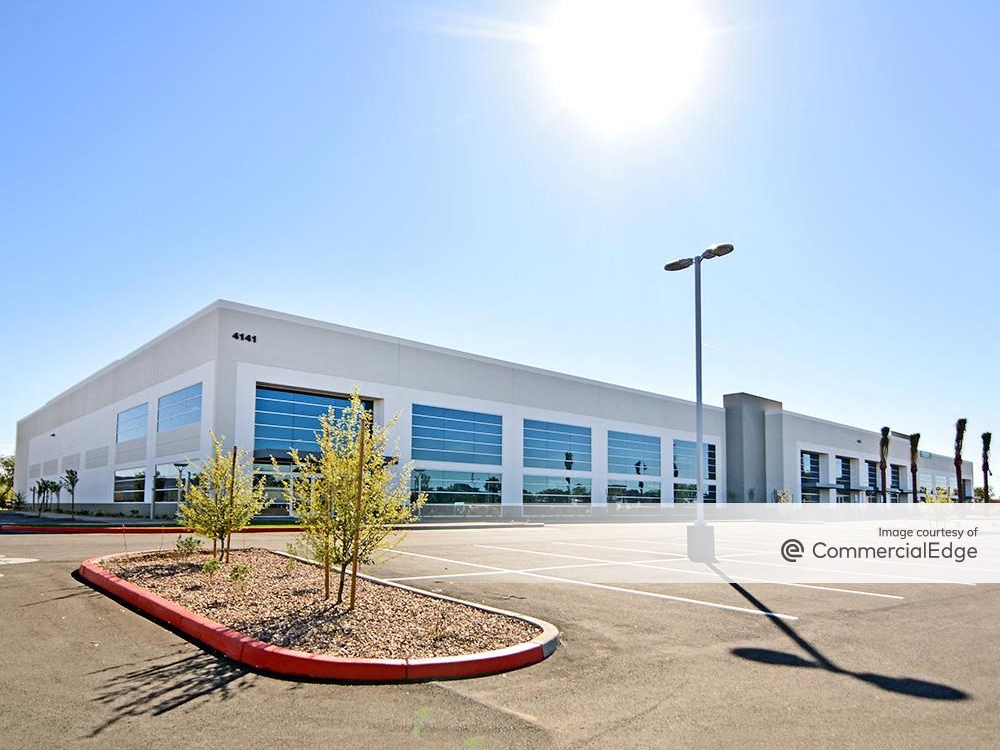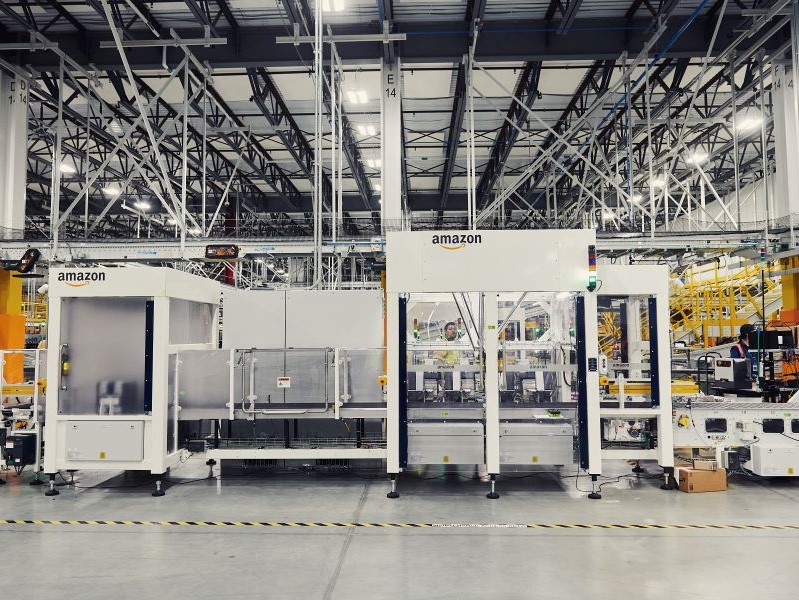I.CON East Special Report: Industrial Opportunity Snapshot
At NAIOP’s annual regional conference, executives detailed what’s ahead in the highly fluid sector.
The logistics sector faces much-discussed challenges: shifting tenant needs, a decline in new product and a tough deal environment. But even as they detailed those issues on Thursday morning, executives at NAIOP’s annual I.CON East conference also saw plenty of signs of long-term opportunity and investor interest.

Uncertainty in the capital markets, and low deal volume, make underwriting transactions a challenging proposition. “Every deal kind of feels like a unicorn,” noted Emily Cannon, chief investment officer at Dogwood Industrial Properties, during a panel discussion of the eastern U.S market’s outlook. Yet the resolution of one major sticking point in industrial transactions suggests that an upswing in deals may be on the horizon.
“I think buyers and sellers are on the same page, finally,” Cannon said, adding that the typical bid-ask gap has shrunk to about 5 percent. Capital markets stability would enable investors to accurately price different categories of industrial assets, she added.
READ ALSO: How Will the Manufacturing Investment Boom Impact Industrial CRE?
And though many investors continue to wait on the sidelines, there is no shortage of interest in the sector. “There’s a large amount of capital that people have been waiting to spend, and they are confident in the long-term trajectory of logistics,” remarked Sonya Huffman, chief administrative officer at Link Logistics Real Estate. The Blackstone affiliate reported on April 30 that it secured $6.5 billion in refinancings during the first quarter.
As Huffman put it: “Fundamentally it comes down to what it’s always come down to: buying good real estate in good locations.”
Industrial tenant action
Asked for snap evaluations of the investment and development prospects in sample eastern U.S. markets, panelists gave a thumbs-up to a diverse group that included New Jersey, Baltimore, Pennsylvania, Charlotte, N.C., and Nashville, Tenn.

The industries most active in leasing range from third-party logistics, construction products and food to HVAC. “There’s been a lot more 3PL activity,” reported Kate Nolan Bryden, senior vice president at MRP Industrial. The company is active in the Mid-Atlantic and delivered about 6 million square feet of new product in 2023. Spaces of 250,000 square feet or smaller are attracting increased interest, she added.
In addition to location, several key factors rank high on the list of tenant priorities, including labor costs, transportation, utilities and local incentives. The industrial sector’s building boom has created abundant new product, which is taking time for tenants to lease and occupy.
But that supply-demand issue may be temporary. “Our data is showing that we’ll be reaching a state of equilibrium by the end of the year,” reported Stephanie Rodriguez, Colliers’ national director of industrial services and the panel’s moderator.
Imports are up, higher than even in 2019 and 2020, and inventories have largely rebalanced, but many industrial tenants are still reluctant to expand or move to new locations. “That’s why we’re seeing so many renewals,” said Brandi Hanback, executive vice president & co-head of development at Rockefeller Group. Though tenants are often still leery of new commitments, Hanback reported an uptick in property tours by prospects.
Operations insights
A noteworthy operations trend is also shaping tenant strategies. To help meet the rising volume of consumer demand, “Amazon is trying to take more control of that shipping supply chain,” Hanback said, “and that means they need more space.”
One perhaps underappreciated issue for new projects is access to power. Tenants themselves aren’t always able to project their power supply needs until after they are up and running. That, in turn, makes it difficult or impossible to accurately arrange the necessary supply from utilities. Upgrading power is easier in some states than others. As Nolan Bryden related, MRP Industrial was able to double power capacity at a recently completed property in Maryland. Securing the necessary switching gear can be a challenge, as well, Huffman noted.







You must be logged in to post a comment.